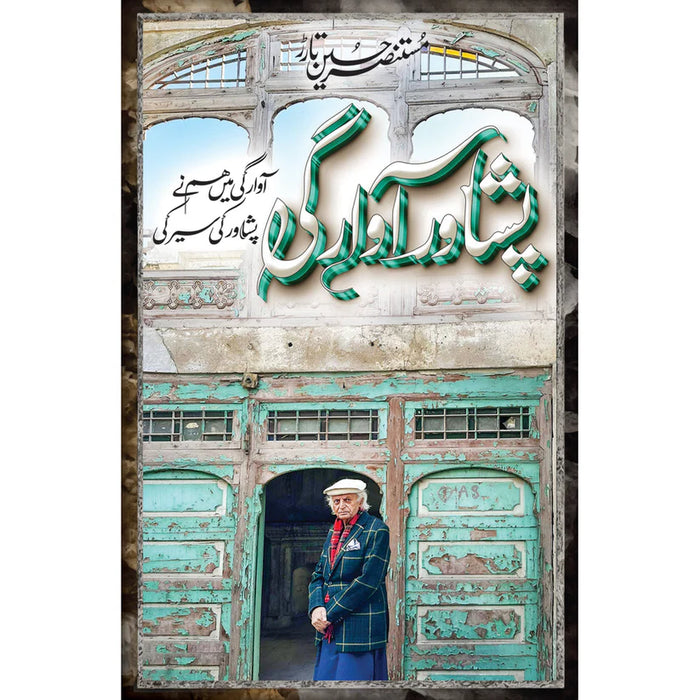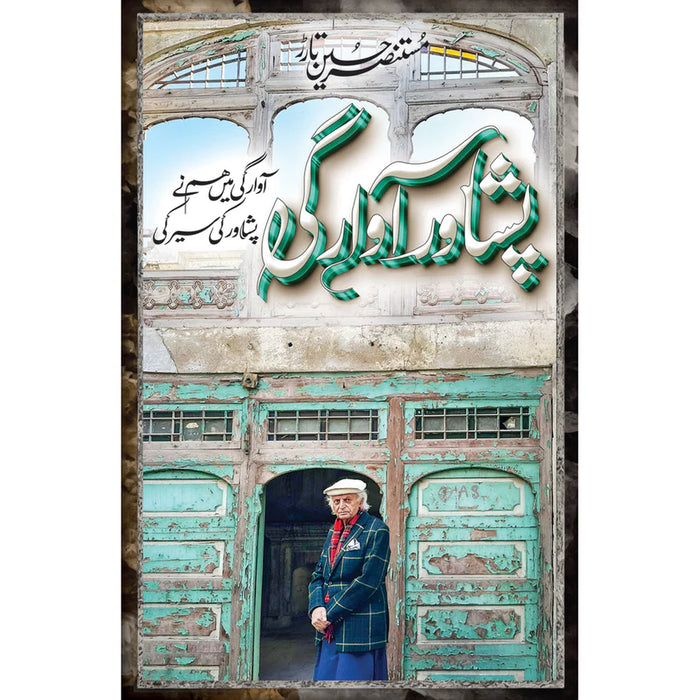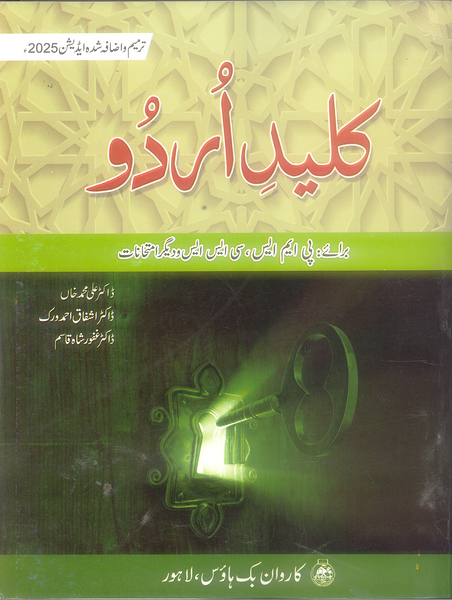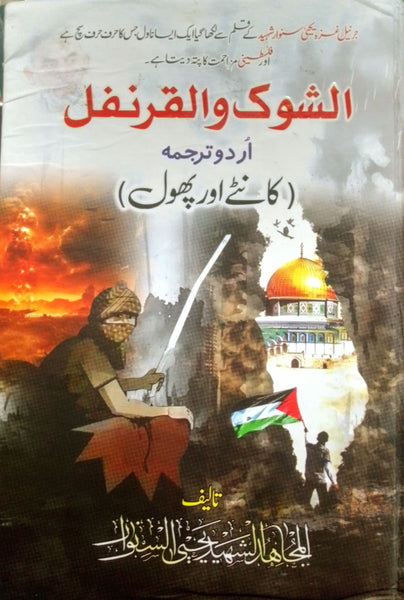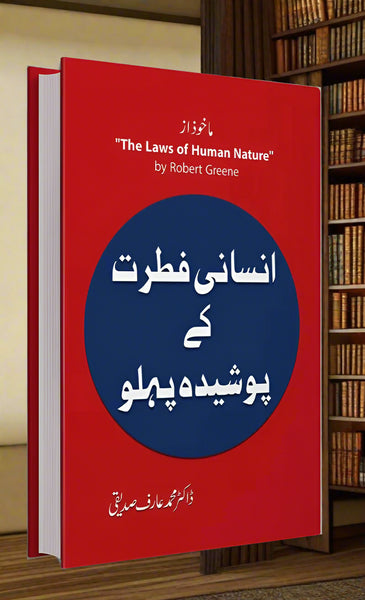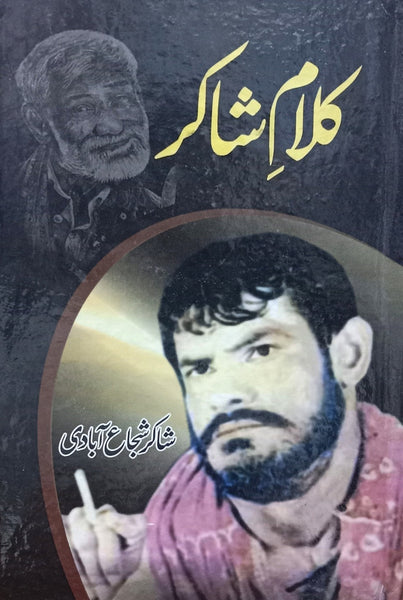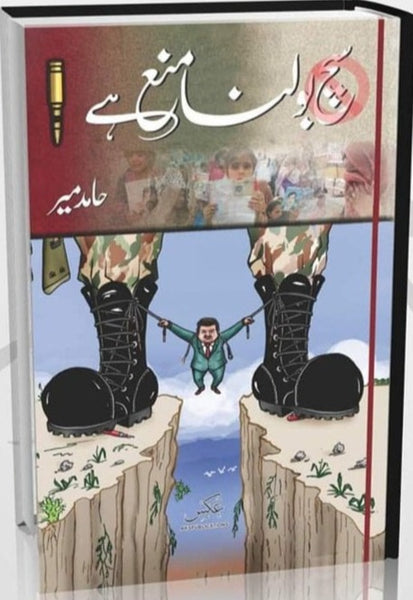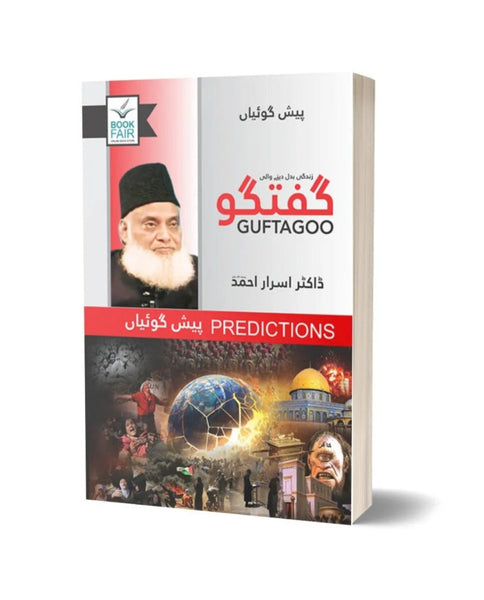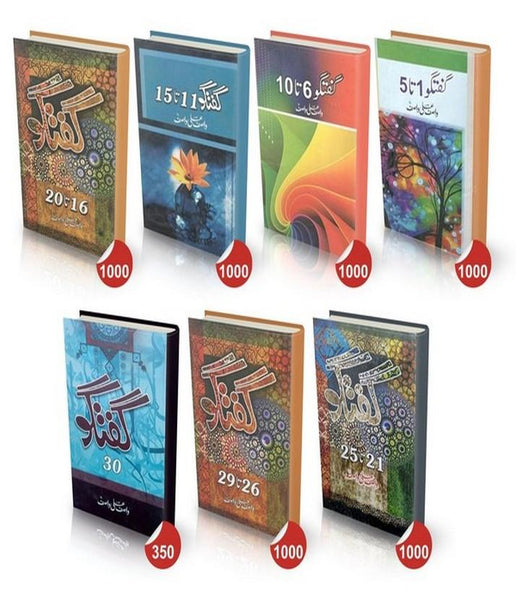Peshawar Awargi - Mustansar Hussain Tarar
- Publisher: Sang-E-Meel Publications
- Availability: In Stock
- SKU: 58244
Rs.960.00
Rs.1,200.00
Tags: architectural heritage , city exploration , city exploration in Pakistan , city life reflections , cultural diversity , cultural heritage , exploration of identity , Gandhara civilization , historical sites , history of Pakistan's regions , history of Peshawar , impact of conflict , literary travel writing , literary Urdu , local customs , local life , lyrical Urdu writing , Mughal architecture , Mustansar Hussain Tarar , Mustansar Hussain's legacy , nature and urban life , Pakistani travel writing , Pashtun culture , Pashtun traditions , Peshawar Awargi insights , Peshawar's bazaars , Peshawar's evolution , Peshawar's identity , Peshawar's landscapes , Peshawar's past , Peshawar's people , Peshawar's resilience , philosophical journey , philosophical reflections , poetic travel writing , political influence on cities , political reflection , Qissa Khawani Bazaar , resilience in Peshawar , Sang-E-Meel Publications , socio-political reflections , Tarar's reflections , Tarar's travel writing , timeless beauty , timeless city. , travelogue , Urdu narrative , war and conflict
Peshawar Awargi is a renowned travelogue written by the famous Pakistani author Mustansar Hussain Tarar. The book takes the reader on an evocative journey through the historical and cultural heart of Peshawar, a city that holds a deep connection with Pakistan's history and heritage. Known for his vivid and lyrical writing style, Tarar beautifully captures the essence of the city, delving into its rich past and diverse culture. The book presents a mix of personal experiences, observations, and reflections, as Tarar explores not just the physical streets of Peshawar but its soul.
Key Themes and Features:
-
Historical Exploration:
The book takes readers through the ancient history of Peshawar, offering insights into its centuries-old civilization, from the Gandhara period to its role in the Mughal era and the British colonial rule. -
Cultural Diversity:
Tarar emphasizes the diverse ethnicities and cultures in Peshawar, showcasing the mix of Pashtun, Punjabi, and other local cultures. He explores the various customs, traditions, and languages spoken in the region. -
Personal Journey:
The author intertwines his own experiences with the city's essence, blending personal memories and encounters with the sights and sounds of Peshawar, making the journey both reflective and intimate. -
Literary Style:
Mustansar Hussain Tarar's writing is poetic and evocative, often describing the city's landscapes, streets, and people in ways that make the reader feel as though they are physically present. -
Glimpse of Local Life:
The travelogue provides detailed observations of the everyday lives of Peshawar's inhabitants, from the bustling bazaars to the quiet alleyways, painting a rich picture of the city's daily rhythm. -
Philosophical Reflections:
The book is not only a travelogue but also a reflection on the passage of time, the effects of war and conflict on Peshawar, and the ever-changing socio-political landscape of Pakistan. -
Connection with Nature:
The author highlights the natural beauty of the region, particularly the surrounding mountains and the picturesque landscapes, bringing attention to how nature and urban life coexist in Peshawar. -
Impact of Conflict:
Tarar does not shy away from addressing the scars left by ongoing conflicts, both political and social, on the city and its people. He brings attention to the resilience of the locals despite the challenges. -
Mughal Architecture and Heritage:
Peshawar's architectural heritage, especially the remnants of the Mughal era, are highlighted. Historical sites such as the Bala Hisar Fort and Qissa Khawani Bazaar are described in rich detail. -
Linguistic Beauty:
The language of the book itself mirrors the lyrical beauty of the city. Tarar’s writing, with its nuanced use of Urdu, reflects the city's blend of classical and modern influences.
Conclusion:
Peshawar Awargi is not just a book about a city, but a profound exploration of identity, culture, and history. Through the lens of Mustansar Hussain Tarar, readers are invited to experience Peshawar in all its glory and pain, its timeless beauty, and its contemporary challenges. The book offers a powerful narrative that resonates with anyone who seeks to understand the deeper, often overlooked, aspects of a city that has seen much change yet remains steadfast in its cultural heritage.

